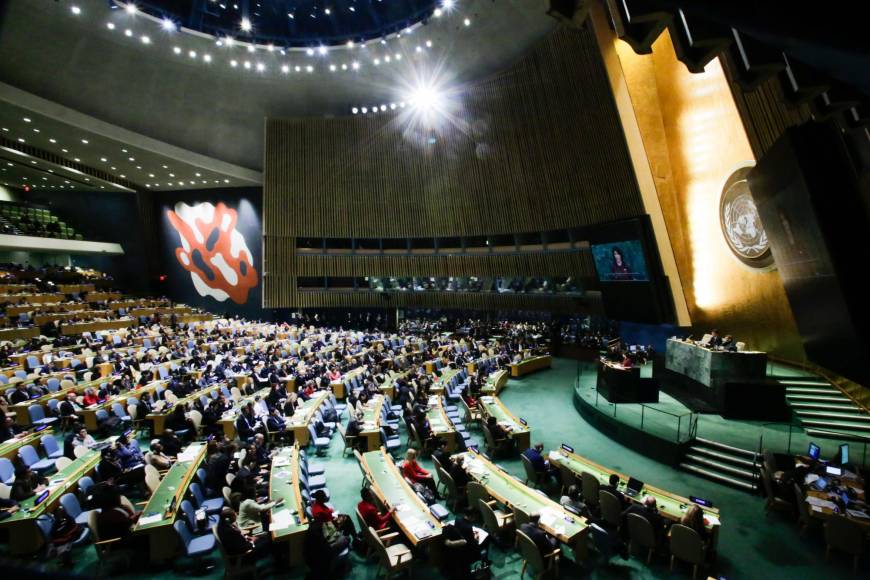US threatens ‘take names’
December 28, 2017 | Expert Insights

The US ambassador to the UN warned the international community of serious repercussions ahead of the General Assembly session to debate US’s decision to recognize Jerusalem as the capital of Israel and move its embassy currently based in Tel Aviv to the city of Jerusalem.
Background
At the heart of the issue lies the contentious division of the city of Jerusalem and the continuing conflict over it. Israel had only captured the old city and the adjoining Palestinian suburbs in 1967. A law was pushed through the Knesset declaring the territory has been annexed to Israel and the city of Jerusalem was called reunited. Successive governments have also defied the Geneva Convention that states that territories acquired during war are under ‘hostile military occupation’. They continue to put forth that the Geneva Convention does not hold true for the city of Jerusalem.
The city although has been Israel’s center of government since 1948. While most countries maintained a seemingly neutral position, at least officially, the US Congress passed a Jerusalem Embassy Act in 1995, which included text recognizing the city of Jerusalem as Israel’s capital. President Trump during his election campaign promised to implement the act putting aside seven decades of US diplomacy maintaining a neutral stand and previous presidents signing waivers for suspension of the act.
Analysis
The UNSC resolution preceding the UNGA discussion had 14 votes in favor and moreover, it sought to reaffirm, “Israel's establishment of settlements in the Palestinian territory occupied since 1967, including East Jerusalem, had no legal validity, constituting a flagrant violation under international law.” This is line with the possible solution to the Israeli- Palestine conflict, focused on a two-state solution with Jerusalem as the shared capital. With the US adopting a new approach to view the conflict, it finds even its strongest allies rallying against it. The US has taken a serious view of staunch Allies, UK, and France opposing its December 6 move of recognizing the city of Jerusalem as the capital of Israel.
The US ambassador to the UN Nikky Haley, warned the international community that the US “will be taking names” of those to oppose the US in the symbolic voting as the general assembly’s voting is not legally binding but can effectively be considered morally binding.
Assessment
The US sees the move as an individualistic decision of a sovereign state. This approach is problematic as in a world oscillating between a unipolar to multipolar geopolitical structure, a decision by a global power affects the entire international community, in this case by demolishing hopes of a peaceful two-state solution to the Palestine-Israel issue. Apart from this, it could also have serious effects on economic and diplomatic relations between US and UK and France along with the rest of the western European world.








Comments